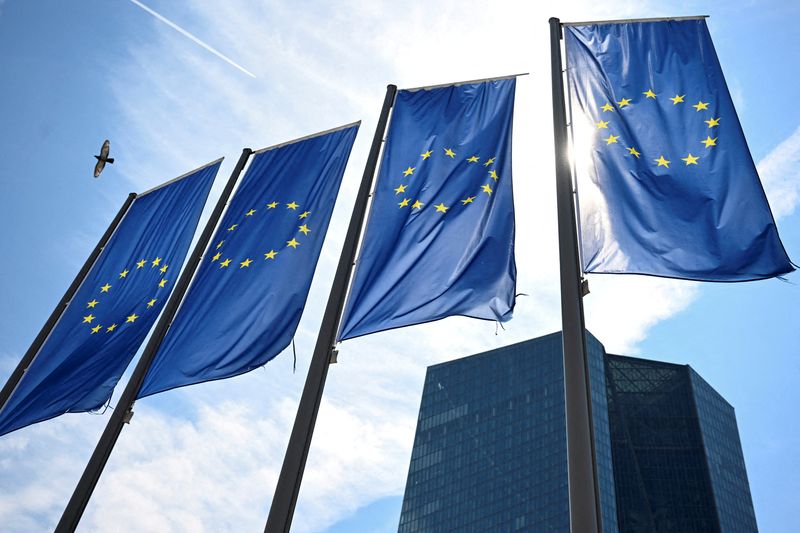ECB scrutinises geopolitical risks for banks after Russia ‘lesson’
2024.07.24 10:56
By Huw Jones
LONDON (Reuters) – The European Central Bank’s top banking supervisor said on Wednesday she was working on a new framework for assessing how geopolitical risks impact banks, drawing lessons from sanctions on Russia hitting operations of several euro zone lenders.
Italian bank UniCredit said on July 1 it had appealed to the European Court of Justice against ECB demands to cut ties with Russia, which is subject to a welter of sanctions from the EU, United States and elsewhere following its invasion of Ukraine.
Claudia Buch, who heads banking supervision at the ECB, said that she would not comment on individual banks or actions, but said that Russia was a good example of how the risk landscape for banks has changed.
Sanctions have potential implications for a bank’s reputation, leaving it open to fines that could impact capital, liquidity and other aspects, she said.
The ECB early on asked banks to exit Russia and reduce their exposure there, which has happened in many cases, she said.
“This tells us a lesson more broadly because I think these geopolitical risks won’t disappear,” Buch told an online event held by the Petersen Institute for International Economics.
“This is why we’re now working very closely to develop a framework that we can use as supervisors to deal with geopolitical risks,” Buch said.

The framework would be used to understand how such risks impact a bank’s credit, market, liquidity and operational risks, she said.
Separately on Wednesday, UniCredit, which owns Russia’s 15th biggest lender and has the second largest presence there among European banks after Austria’s Raiffeisen, said it aims to more than halve loans at its Russian unit by the end of next year.








